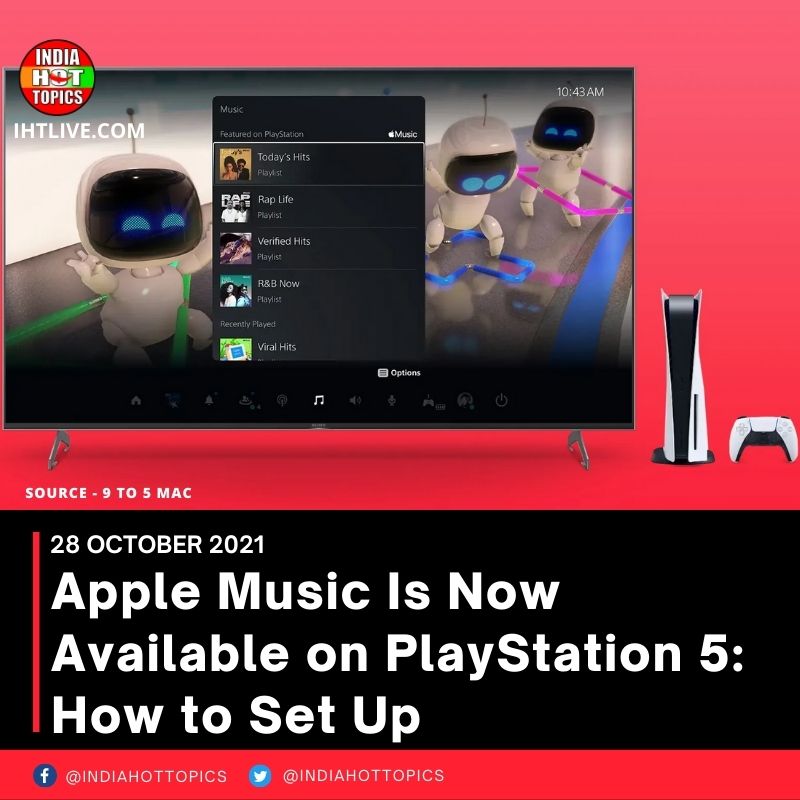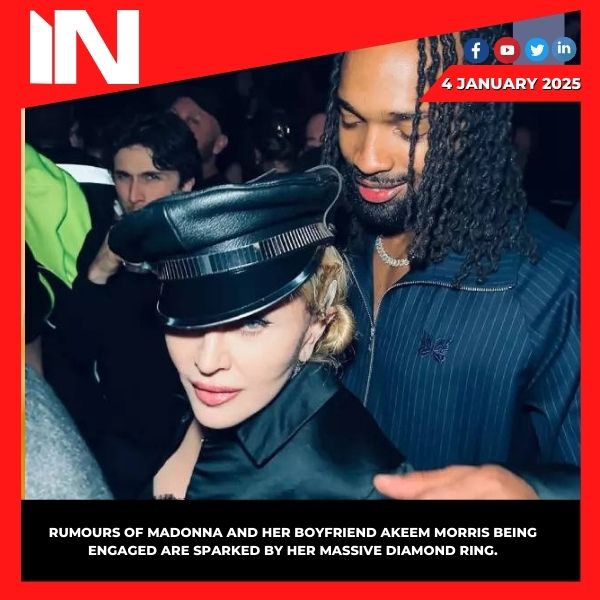Trending
Apple Music Is Now Available on PlayStation 5: How to Set Up

Trending
DTC to start electric buses from 3 Delhi ISBTs to Noida airport by May end
-

 Ranbir Kapoor3 weeks ago
Ranbir Kapoor3 weeks agoRanbir Kapoor and Alia Bhatt inspect their new dream home in Mumbai days after anniversary
-

 Mahakumbh2 weeks ago
Mahakumbh2 weeks agoMahakumbh viral girl Monalisa looks unrecognisable after glamorous transformation in new videos: Watch
-

 Sunny Leone2 weeks ago
Sunny Leone2 weeks agoSunny Leone’s fitness secrets for toned body at 43: Vegetarian diet to different menu every day for lunch and dinner
-

 Parineeti Chopra4 weeks ago
Parineeti Chopra4 weeks agoParineeti Chopra has the ‘best sensations’ as Raghav Chadha recreates her viral Hasee Toh Phasee reel. Watch
-
.jpg)
.jpg) Bollywood1 week ago
Bollywood1 week agoSiddharth Malhotra carries pregnant wife Kiara Advani’s bag in unseen pic from New York ahead of Met Gala 2025
-

 American Dream1 week ago
American Dream1 week agoThe new American dream’: Meet the US expat who built a $23M food business in India
-

 Pahalgam Attack2 weeks ago
Pahalgam Attack2 weeks agoGovernment revamps National Security Advisory Board after Pahalgam terror attack
-

 Trending4 weeks ago
Trending4 weeks agoShabana Azmi recalls how Rekha’s response to a fan request stunned her: ‘Aisa behave karna chahiye star ko’



.jpg)










.1.jpg)









